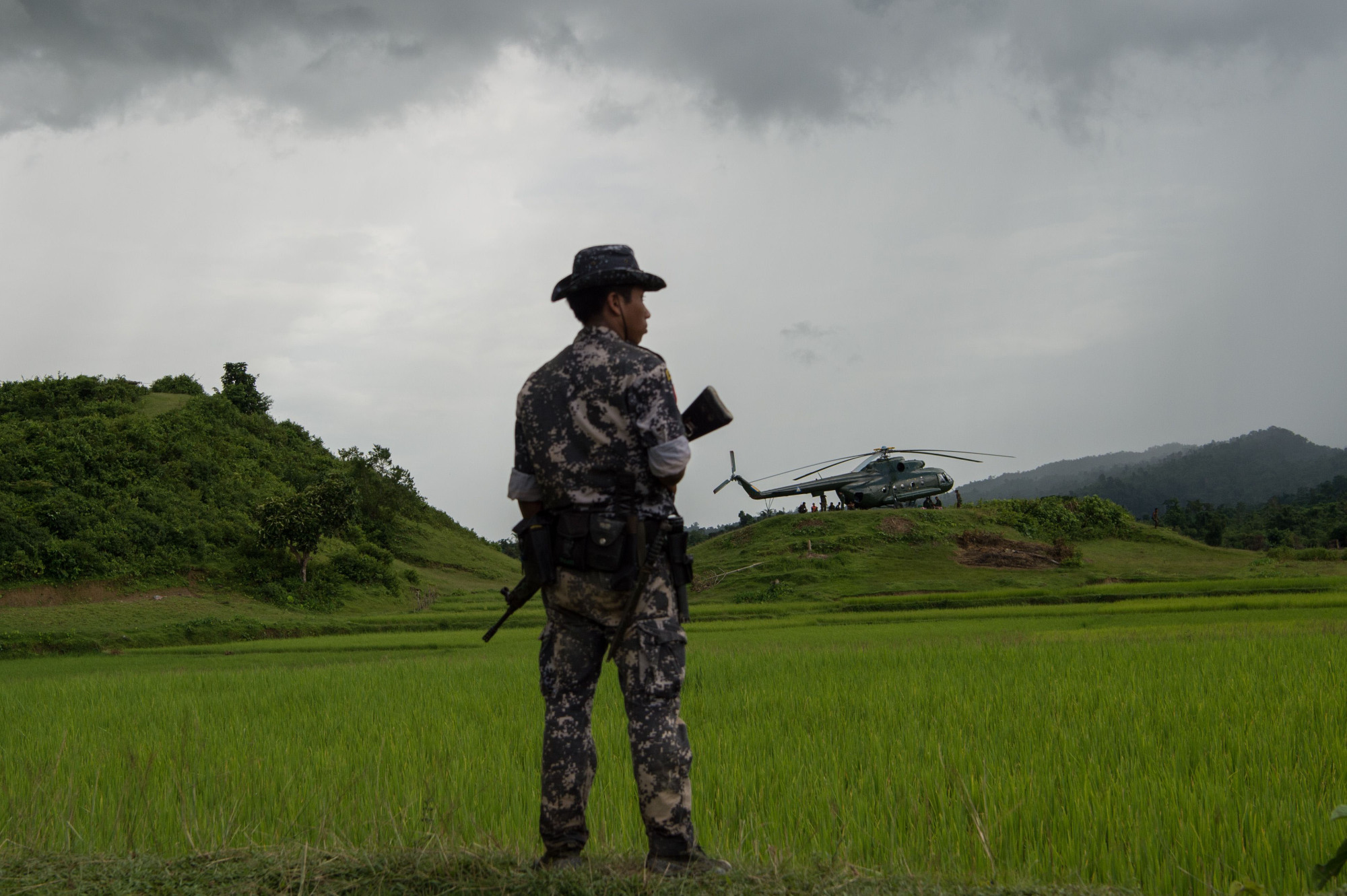Myanmar's military has lately been engaged in a brutal campaign against the Rohingya, a long-marginalized Muslim ethnic minority group, driving hundreds of thousands to flee to Bangladesh, India and elsewhere. The international community has rightly condemned the crackdown. But, in doing so, it has failed to recognize that Rohingya militants have been waging jihad in the country — a reality that makes it extremely difficult to break the cycle of terror and violence.
Rakhine State, where most of Myanmar's Rohingya reside, is attracting jihadists from far and wide. Local militants are suspected of having ties with the Islamic State (IS), al-Qaida and other terrorist organizations. Moreover, they increasingly receive aid from militant-linked organizations in Saudi Arabia and Pakistan. The main insurgent group — the well-oiled Arakan Rohingya Salvation Army, also known as Harakah al-Yaqin — is led by a Saudi-based committee of Rohingya emigres.
The external forces fomenting insurgent attacks in Rakhine bear considerable responsibility for the Rohingyas' current plight. In fact, it is the links between Rohingya militants and such external forces, especially terrorist organizations like IS, that have driven the government of India, where some 40,000 Rohingya have settled illegally, to declare that their entry poses a serious security threat. Even Bangladesh acknowledges Rohingya militants' external jihadi connections.


















With your current subscription plan you can comment on stories. However, before writing your first comment, please create a display name in the Profile section of your subscriber account page.